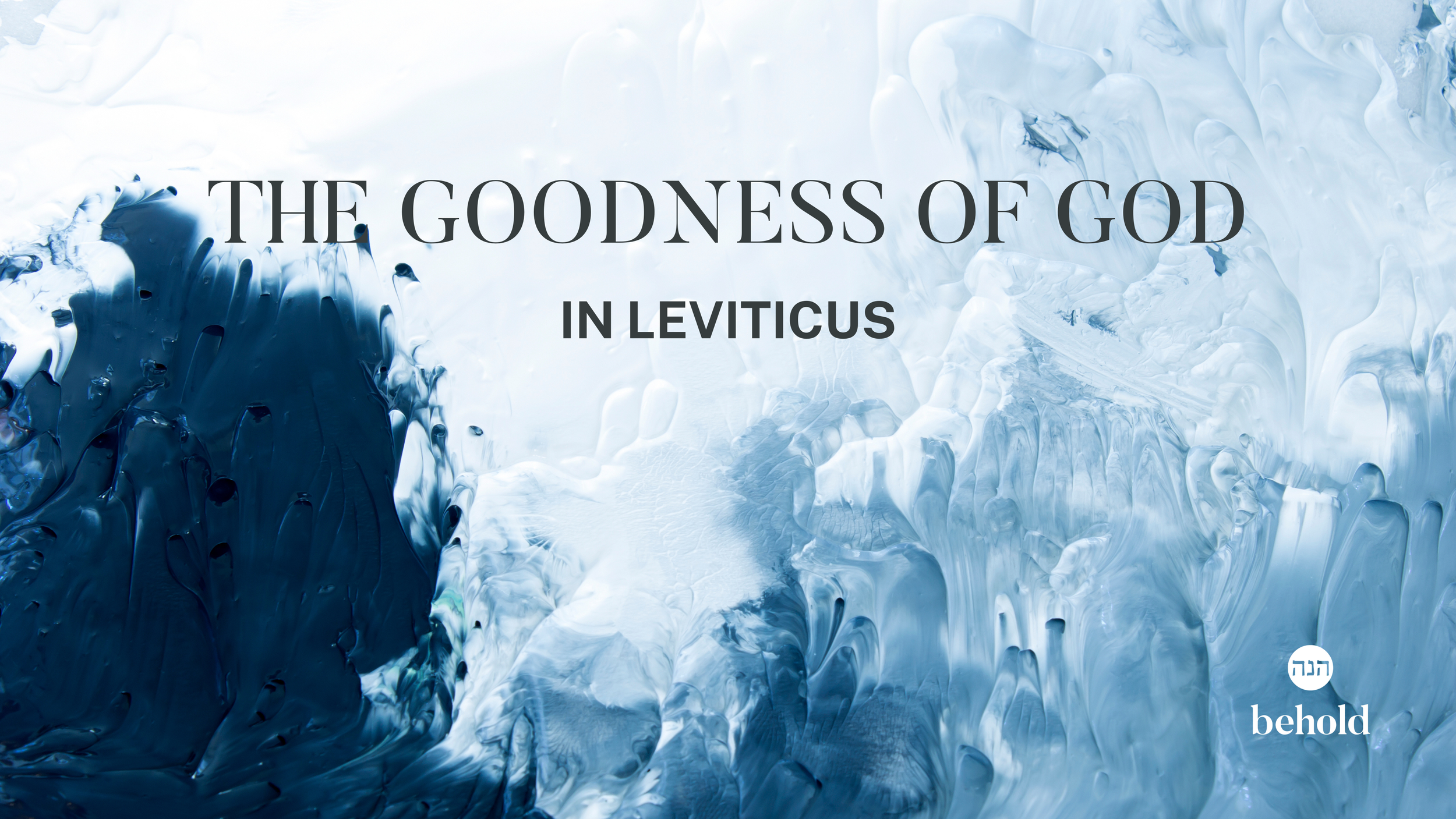

When the Locusts Leave and the King Arrives
If you’ve ever read the book of Joel, you know it begins with something unexpected—bugs. A swarm of locusts so devastating that it strips the land bare and leaves God’s people shaken. But Joel isn’t just about agricultural disaster—it’s about spiritual disaster too. And yet, through it all, the book leads us toward one profound hope: a coming King who restores.
You won’t find the name “Jesus” in the book of Joel, but you’ll feel His presence on every page—especially in the promise that one day, God would pour out His Spirit on all people (Joel 2:28). Sons and daughters, old and young, even the servants. Everyone.

The God Who Weeps and Woos
When I consider the attributes of God, I meditate on words like: present, all-knowing, sovereign, compassionate, forgiving, full of grace and truth. These words flow freely. But often in the mix of the comfort and peace these words give, I forget to consider the God who feels sorrow over all those daily choices that move me towards the sins that continue to cling so closely (Hebrews 12:1). When was the last time I pictured a God who weeps over my choices? He is the God who remains faithful to His word—even when I am faithless (2 Timothy 2:13), but that doesn’t mean that His faithfulness does not come at a price.

The Goodness of God: Leviticus
I am that crazy person that loves the book of Leviticus. The book of Leviticus, often seen as a detailed manual of laws and rituals, holds hidden gems that invite us into a deeper relationship with God. One such gem is the word “Behold” (Hebrew: hinneh, Strong’s H2009). While this word might seem small or inconsequential in our English translations, in the original Hebrew, it carries significant weight—a divine call to stop, pay attention, and fully engage in what God is about to reveal.

Behold! A New Thing!
But as the preacher continued on, his words, direct from the Holy Spirit, washed over me. And the thought that popped into my head was, “Pay attention, Meg!”

